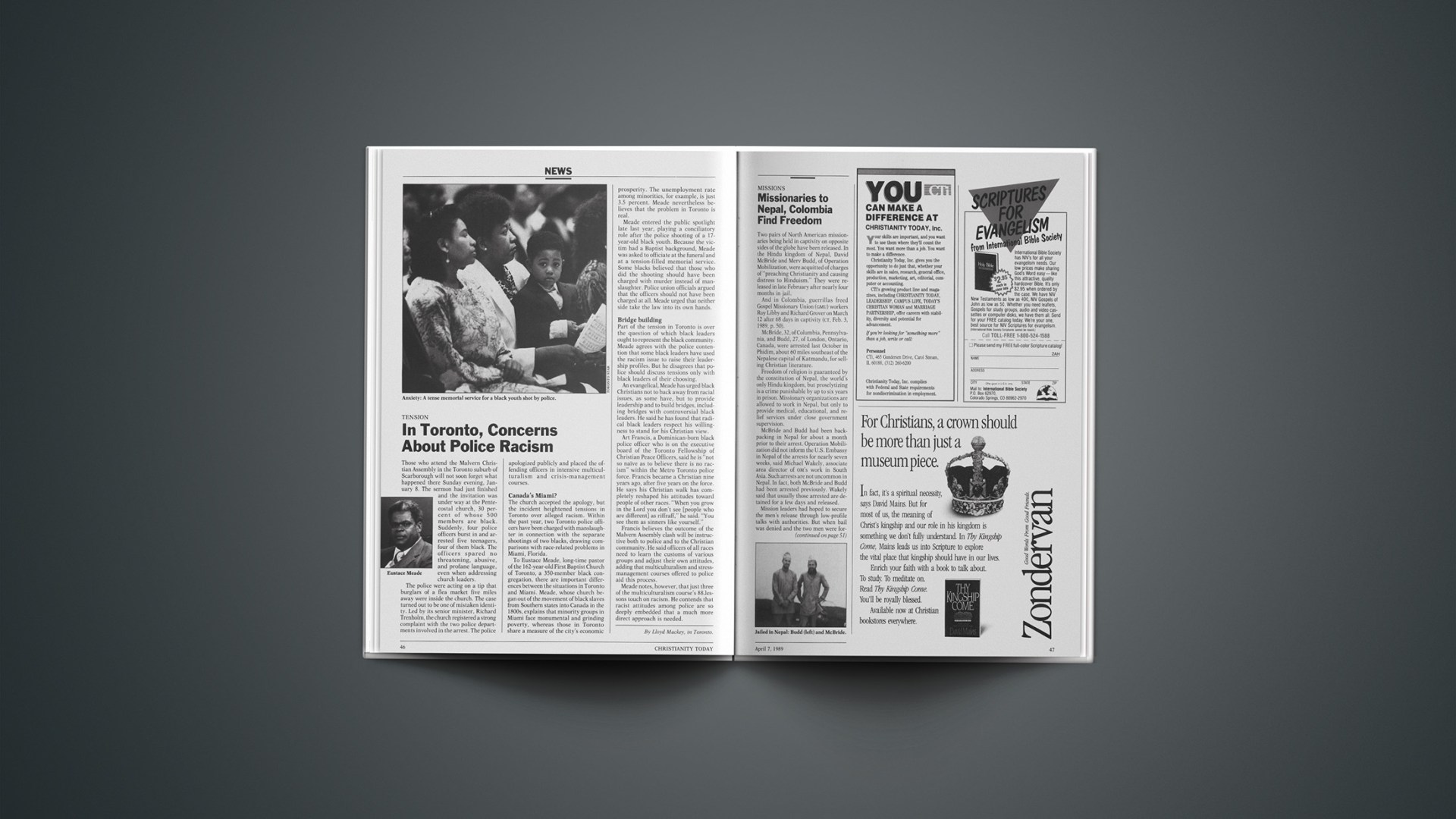Our most recent presidential election elevated tough talk on crime to new heights. George Bush ensured that Americans will long remember the name of Willie Horton—perhaps longer than that of Michael Dukakis. The prison-furlough issue, according to most pundits, turned the electoral tide for Bush. It also played on public fears and reinforced people’s stereotypes about prisons and prisoners.
During the course of the campaign, Bush left Willie Horton alone just long enough to propose one serious solution to the crime crisis. Faithful to his “dirty Harryer than thou” stance, he solemnly pledged to double the size of the federal prison system—at a cost of unestimated billions.
With the campaign mercifully over, Willie Horton no longer dominates the evening news. George Bush does. And now that he is confronting the cold realities of governing, he must re-examine some of the promises he made during his campaign.
I’ve known George Bush for years. He is a man whose word is his bond—a trait deeply ingrained on the playing fields of Andover and Yale and the battlefields of World War II. His talk about duty, honor, and commitment is not empty rhetoric. It is the essence of the man.
Admirable as this is, I sincerely hope the President will be willing to break one promise: his pledge to double the prisons.
Counting The Cost Of Confinement
America already puts more people in prison, per capita, than any other nation in the world except for the Soviet Union and South Africa. The prison population has doubled in the last decade; it is increasing at ten times the rate of the general population. We spend billions of tax dollars each year on more prisons, more courts, more police. If stiffer sentences and more prisons stopped crime, we should have no crime at all.
But America has one of the highest crime rates in the entire world.
Our problem is not lack of prison cells, but whom we put in those cells. No one disputes the fact that prisons are necessary to confine violent and dangerous criminals. But half of the inmates in our nation’s prisons are there for nonviolent offenses. Does it make sense for prisons to house embezzlers, check forgers, and pickpockets, when cells are so desperately needed for rapists, murderers, armed robbers, and violent drug dealers?
According to Justice Department figures, it costs an average of $80,000 to build a maximum-security prison cell, and an average of $15,200 every year to house a prisoner there. It is incredibly wasteful to use our tax dollars to confine nondangerous offenders in those cells.
And it is counterproductive. Once inside the walls, prisoners are most often overcrowded and underworked, subject to violence, bitterness, apathy, and a slow deterioration of the soul. In fact, nonviolent offenders who serve time with the violent often end up becoming violent themselves—and more likely to commit new crimes.
No. Nonviolent offenders should be punished outside prison walls: working for free in poor communities, paying back their victims, serving those in need. The biblical concept of restitution not only heals the wounds caused by crime, it is far more effective than incarceration: It repays the victim, who is often the forgotten person in our current criminal-justice system; it affords the offender a means to understand and make right the wrongs caused by his offense; and it is far less expensive than prison—as little as 10 percent of the cost of incarceration.
Coats’S Courage To Change
Restitution makes sense spiritually, economically, and practically. George Bush, however, has promised not restitution, but construction. In so doing, has he boxed himself in? Is there an honorable way out of his promise?
I believe there is. I’ve seen it happen.
Several years ago, I received a phone call from an old friend and committed Christian, a freshman Congressman named Dan Coats. A Republican, Dan had been elected after campaigning hard in his Indiana district on a get-tough, law-and-order, build-more-prisons platform. Dan was calling to tell me that he had read articles I’d written and heard me speak about restitution and alternatives to prison for nonviolent offenders—and he had changed his mind about prisons.
Many of his constituents, Dan said, had voted for him because of his views on crime, and they had a right to know about this change in his thinking. So he was calling a press conference to tell them about it.
I was glad Dan had changed his mind, but I didn’t want to see my friend commit political suicide. “Do you have to call a press conference?” I asked. “Why not something a little quieter? Why don’t you just tell your wife and kids at the dinner table tonight?”
But Dan, who is not only a good public servant but a brave one, went ahead and scheduled the event. He told the press it was his public duty to explain his position candidly.
Afterward I received several letters from irate supporters who were sure I—and my “radical” views about criminal justice—had torpedoed their congressman.
But Dan Coats was not hurt by what he did. In fact, his integrity earned him respect. Not only was he re-elected for his next congressional term—with 70 percent of the vote—but last December he went on to become a member of the United States Senate, appointed to fill the vacancy left by Vice President Quayle.
George Bush is also a man of integrity. And he would do well to take a lesson from the courageous example from the Senate’s newest member. If he does, there could be real reason for hope in solving our nation’s crime crisis.










